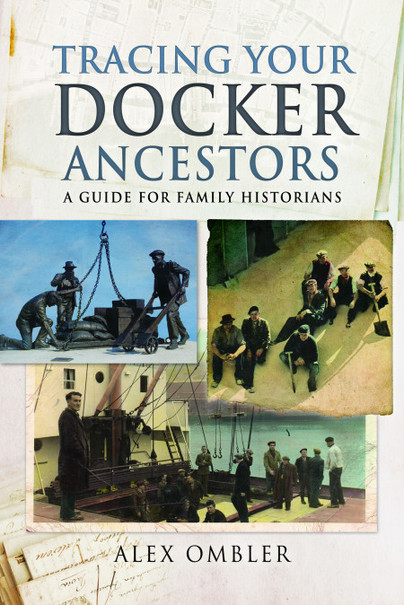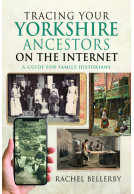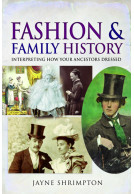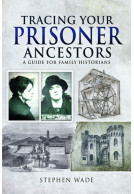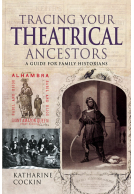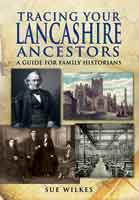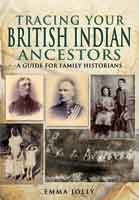Tracing Your Docker Ancestors (ePub)
A Guide for Family Historians
Imprint: Pen & Sword Family History
Series: Tracing Your Ancestors
File Size: 13.2 MB (.epub)
Illustrations: 30
ISBN: 9781526744050
Published: 25th April 2019
| Other formats available | Price |
|---|---|
| Tracing Your Docker Ancestors Paperback Add to Basket | £14.99 |
Alex Ombler’s handbook is the first practical guide for family historians who wish to find out about family members who worked in British docks. In a series of concise, informative chapters he takes readers through the history of British ports and identifies research methods and materials – both local and national – through which they can discover the lives and experiences of the people who worked in them.
Many of us have ancestors who were dock labourers – in 1921 there were around 125,000 dockers across a large number of British ports – and the organizational history of the dock labour force is extremely complex. As a result, the social and family lives of dockers and their communities can be difficult to research, and that is why this book is so useful.
The history of the docks is covered as is the daily life of the dockers, and sections trace the development of trade unions, the experience of dock workers during the world wars and the decline of the docks in recent times. Dockland artefacts and communities are described, and there is a comprehensive directory of regional and national records.
Whilst intended as a guide for family historians, the book also provides a concise and interesting history of the emergence, evolution and eventual decline of the British docker. It gives the reader a fascinating insight into the dockland communities of our major and historic docks in London, Liverpool, Hull and Manchester, amongst others.
Liverpool Family Historian, March 2020
Referenced in resources part of author article
WDYTYA? Magazine, February 2020
... the social and family lives of dockers and their communities can be difficult to research, making this book very useful.
Ships Monthly, January 2020
If you have anyone associated with dock work in your family tree, this book is an absolute gem.
Essex Family History Society
In this first practical guide to be published on the subject, the author takes us through the history of British ports and the lives and experiences of those who worked in them.
Bristol & Avon FHS
"Throughout there are many illustrations and photographs of the lives of the dockworkers, and some case studies where we can read and become involved in the often precarious lives of the individual docker."
Glamorgan Family History Society
Review by
As featured in
Glasgow and West of Scotland Family History Society
Article: 'Wealth of fine goods on offer in centre of town 170 years ago' as featured by
South Wales Echo, 22nd November 2019 – words by Brian Lee
As featured by
Family Tree, October 2019
"If your ancestor worked as a docker this is a book that will help you understand the industry."
East Yorkshire Family History Society
Featured in
Glasgow and West Scotland Family History Magazine
Featured as prize in competition
24seven Lifestyle magazine, July 2019
Featured in: 'Pen & Sword Books have some great new releases for your book shelf. We have picked out the best'.
Waterside, issue 11
If you have ancestors who worked in the docks you'll get insight into their daily lives, whilst if you have an interest in the local history of a town or city that has a port it will provide useful background information.
Lost Cousins
Read the full review here
There are extensive references on where to find resources.
Canada's Anglo-Celtic Connections, John D Reid
The latest in Pen and Sword’s brilliant genealogical series looks at resources for people researching their ancestry who may have family members who were employed in the various docks, many of which have now disappeared or fallen into disuse.
Books Monthly
Read the full review here
About Dr Alex Ombler
In the course of researching his PhD on the history of the port of Hull, Dr Alex Ombler explored the sources relating to British dock workers and communities across the country and he has written on the subject for history and geography publications. Currently he works as an assistant in the archives and local studies service of the East Riding of Yorkshire Council.







